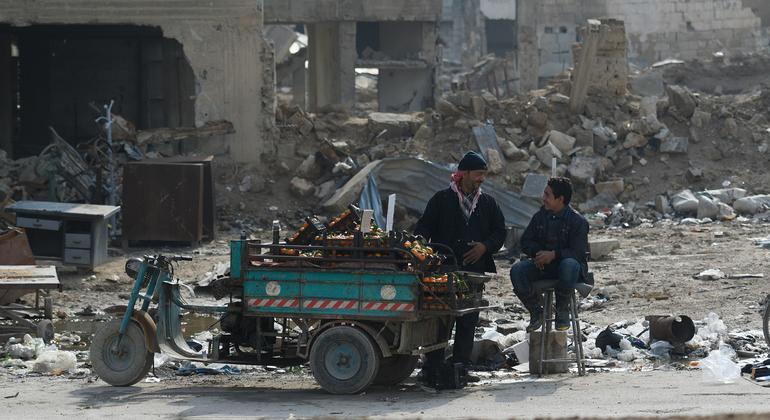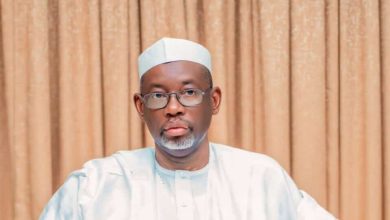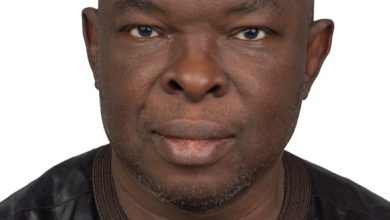The important role of Syrian women in the resolution of bitter conflicts

The long-running conflict has claimed countless lives, displaced millions in and out of the country and left much of the country’s infrastructure in ruins. The failure of international efforts to make much progress has been attributed to a lack of understanding among regular mediators of the situation on the ground in local communities.
This is where Syrian women have come to the fore. Most of the women involved in community mediation have little connection to the dispute, and are seen as trustworthy and reliable by the parties to the dispute. As “inner mediators”, they show two common strengths: the ability to build or facilitate relationships, and the possession of detailed information on the conflict and its parties.
An example of this power came early in the war, in the Zabadani area, northwest of Damascus. As the area began to fall under the control of the opposition forces, the government abandoned it. The authorities demanded that men lay down their weapons and surrender, which meant that only women could safely cross the lines of control.
A reversal of roles
While, before the war, Zabadani women were often expected to focus on domestic responsibilities, the new restrictions and dangers faced by men suddenly made it acceptable—and even necessary—for women to participate in negotiations with government forces. .
Tapped into this new role, a group of women in Zabadani came together and began a process of reconciliation with the armed forces in order to negotiate an end to the pollution and as much as possible.
“Most of these women are involved in the issue because their husbands are among the opposition forces, and the government is looking for his way,” said Sameh Awad, a peace expert. “The women themselves are mostly housewives and they don’t have any role in the community, but they take their importance because they want to protect their husbands”.
Although the establishment eventually collapsed, due to the changing political situation, women were, for a time, able to ensure that citizens were protected and evacuated.
In another example, in the northwestern part of Idlib city, non-governmental women’s groups were able to save the lives of groups of detainees. After hearing a rumor that the soldiers wanted to kill them, a group of female teachers worked to get a larger group of women, including the mothers of those imprisoned, to approach the headquarters of the union leader. the war. The meeting ended with the leader of the group agreeing to talk with the military council and, a month later, the detainees were released as part of the exchange deal.
Syrian women have also led reconciliation efforts with government forces to address issues of security and job provision in areas previously under opposition control. “The government insists that men need to finish military service, and this makes many young men afraid to appear in public,” explained MS. Awad. “So, women are involved in going out and exploring the value of discussions with the new authorities in the area is possible. During these negotiations, they discussed early recovery in their areas.”
Restoring social harmony
Years after the start of the conflict, Mobaderoon, a civil society group led by women in Damascus, noted an increase in local violence against internally displaced people (IDP) arriving in the capital. To combat this violence, the organization established local councils made up of local and regional government leaders, influential community members such as teachers and civil society activists, and ordinary residents. They organize neutral spaces where people can meet and discuss issues that affect their communities, and where they can build their courage and skills to address these issues.
After a while, the women-led organization expanded its work to Tartus, a coastal city in western Syria, and partnered with other women-led organizations that enjoyed strong community ties and a local presence. the.
Farah Hasan* who is a member of Mobaderoon says: “Because of the war and many IDPs, there are no jobs, or not enough jobs. “The local youth accused the IDPs of being responsible for the war, because they came from areas under opposition control, and they carried out violent attacks against them in nearby camps.”
This violence creates great injustice in the community, so the leader of Tartus met with influential community members and local business actors, to convince them that there should be an IDP camp as part of the community, so that the IDP can participate in community. witchcraft.
Attitudes changed slowly, and the targeted communities in Tartus witnessed noticeable differences in the treatment of IDPs: they reported less bullying and violence from host community members, greater acceptance of their children in schools, and more economic opportunities.
Find out more about the ways women are involved in peace and security issues Here.
*Names have been changed to protect privacy







